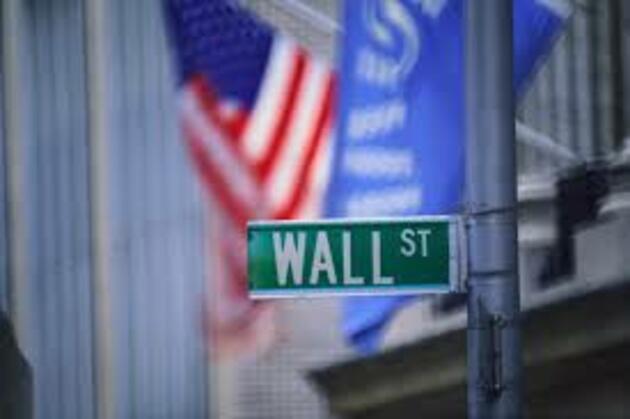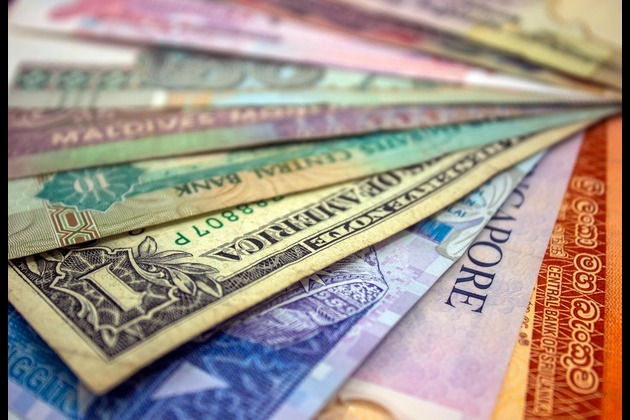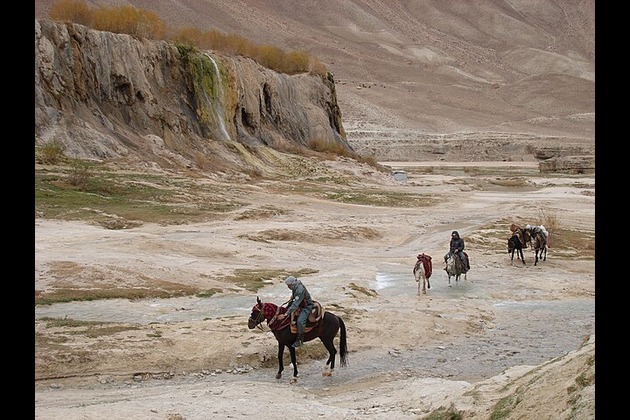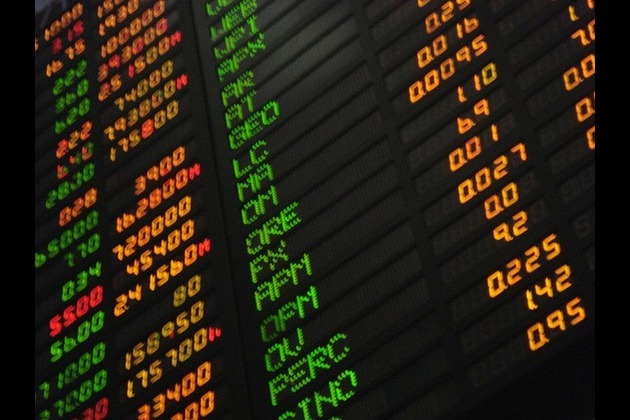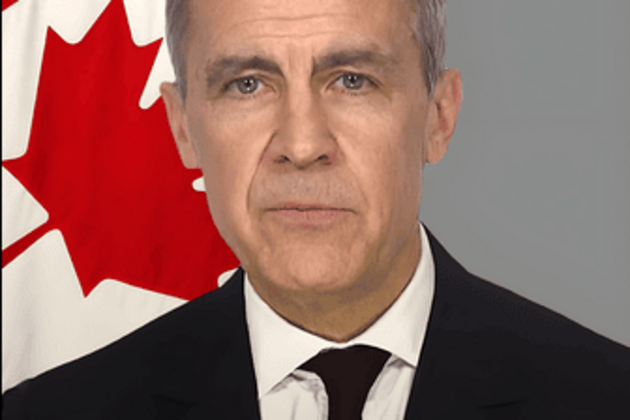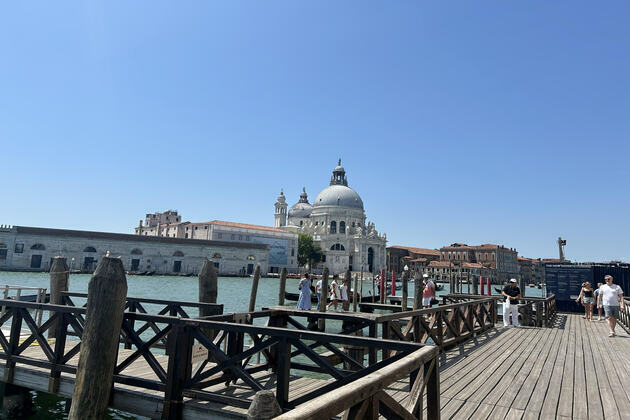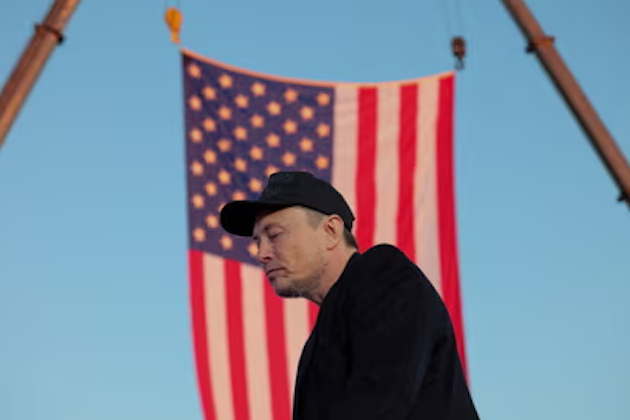Restricted Hajj hits Somalia's livestock economy
News24
01 Aug 2020, 16:41 GMT+10
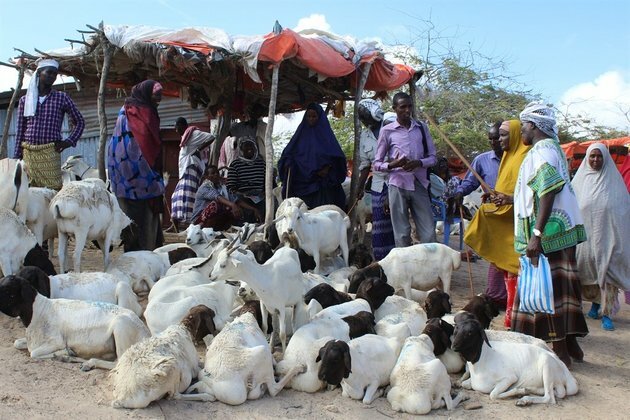
The Hajj, which began last week, is mandatory for all Muslims, who are physically and financially able, to undertake at least once in their lifetime and involves pilgrimage to the holy city of Mecca and its Grand Mosque.
But this year Saudi authorities have restricted the Hajj to those already inside the country - fewer than 10 000 domestic pilgrims are expected, compared with the two million mostly foreign visitors who attended last year - effectively cancelling the annual ceremony for most.
Saudi demand accounts for nearly two-thirds of Somalia's annual livestock exports, according to the World Bank, which reports that more than five million sheep, goats, camels and cattle were shipped northwards from Somali ports through the Gulf of Aden and the Red Sea to Saudi Arabia in 2015.
Exports are predicted to be sliced in half this year, primarily due to Covid-19 travel restrictions.
AFP
"The Hajj cancellation has massive implications on the lives and livelihoods of the Somali population," said Ahmed Khalif, Somalia country director at the Action Against Hunger charity, adding that livestock accounts for around 60 percent of household income in the largely rural country.
"It is a blow to the Somali pastoralist households particularly, who heavily survive on livestock exports to Saudi."
Up to three-quarters of Somalia's export earnings come from livestock, said Khalif, making the foreign sale of animals a crucial lifeline for Somalia's economy.
The annual Hajj is normally a reliable boom time for herders, but not this year.
"The livestock exports happen all through the year, but the majority - 70 percent of live animals - happen during this Hajj season," said Khalif.
Lower prices, higher costs
The evaporation of exports has meant an oversupply in local markets where prices have dropped dramatically, with camels going for $500, half their usual price, according to Khalif.
Good news for a relatively small number of well-off consumers, but a disaster for the majority of livestock-keepers who rely on sales to buy food, pay back debts and cover basics such as school fees.
Making matters even worse, keeping animals for longer than expected is a drain on limited resources, said Isse Muse Mohamed, a livestock trader in the port town of Eyl, who warned of "widespread effects" for the economy.
"Keeping hundreds of goats and sheep for an extra year will obviously incur costs, including the salary of the keepers," he said. "This is a real crisis."
Falling incomes, increasing costs and the loss of the Hajj market are hitting owners such as Adow Ganey, in the southern town of Hudur.
"When the family wants cash for necessary items, like sugar and clothing, we used to take one or two goats to the market," he said, "but this year things have changed: we have to sell more goats to get the cash we need."
For some of Somalia's livestock herders and traders, already assailed by decades of conflict and political instability, ever tighter cycles of drought and an ongoing locust plague, the cancellation of the Hajj may be the straw that breaks the camel's back.
"We have never seen such a situation," said Abdqadar Hashi, a livestock exporter in the city of Hargeisa, "it's affecting everybody".
 Share
Share
 Tweet
Tweet
 Share
Share
 Flip
Flip
 Email
Email
Watch latest videos
Subscribe and Follow
Get a daily dose of New York Statesman news through our daily email, its complimentary and keeps you fully up to date with world and business news as well.
News RELEASES
Publish news of your business, community or sports group, personnel appointments, major event and more by submitting a news release to New York Statesman.
More InformationBusiness
SectionWall Street diverges, but techs advance Wednesday
NEW YORK, New York - U.S. stocks diverged on Wednesday for the second day in a row. The Standard and Poor's 500 hit a new all-time...
Greenback slides amid tax bill fears, trade deal uncertainty
NEW YORK CITY, New York: The U.S. dollar continues to lose ground, weighed down by growing concerns over Washington's fiscal outlook...
Taliban seeks tourism revival despite safety, rights concerns
KABUL, Afghanistan: Afghanistan, long associated with war and instability, is quietly trying to rebrand itself as a destination for...
Nvidia execs sell $1 billion in stock as AI boom drives record prices
SANTA CLARA, California: Executives at Nvidia have quietly been cashing in on the AI frenzy. According to a report by the Financial...
Tech stocks slide, industrials surge on Wall Street
NEW YORK, New York - Global stock indices closed with divergent performances on Tuesday, as investors weighed corporate earnings, central...
Canada-US trade talks resume after Carney rescinds tech tax
TORONTO, Canada: Canadian Prime Minister Mark Carney announced late on June 29 that trade negotiations with the U.S. have recommenced...
International
SectionTurkey, France battle wildfires amid early Europe heatwave
ISTANBUL/PARIS/BRUSSELS: As searing temperatures blanket much of Europe, wildfires are erupting and evacuation orders are being issued...
Venetians protest Bezos wedding with march through the town
VENICE, Italy: Over the weekend, hundreds of protesters marched through the narrow streets of Venice to voice their opposition to billionaire...
New French law targets smoking near schools, public spaces
PARIS, France: France is taking stronger steps to reduce smoking. A new health rule announced on Saturday will soon ban smoking in...
Trump hints at DOGE investigation of Musk subsidies
WASHINGTON, DC - U.S. President Donald Trump on Tuesday claimed Elon Musk's success has been built on government subsidies. Without...
Native leaders, activists oppose detention site on Florida wetlands
EVERGLADES, Florida: Over the weekend, a diverse coalition of environmental activists, Native American leaders, and residents gathered...
Beijing crowds cheer AI-powered robots over real soccer players
BEIJING, China: China's national soccer team may struggle to stir excitement, but its humanoid robots are drawing cheers — and not...

